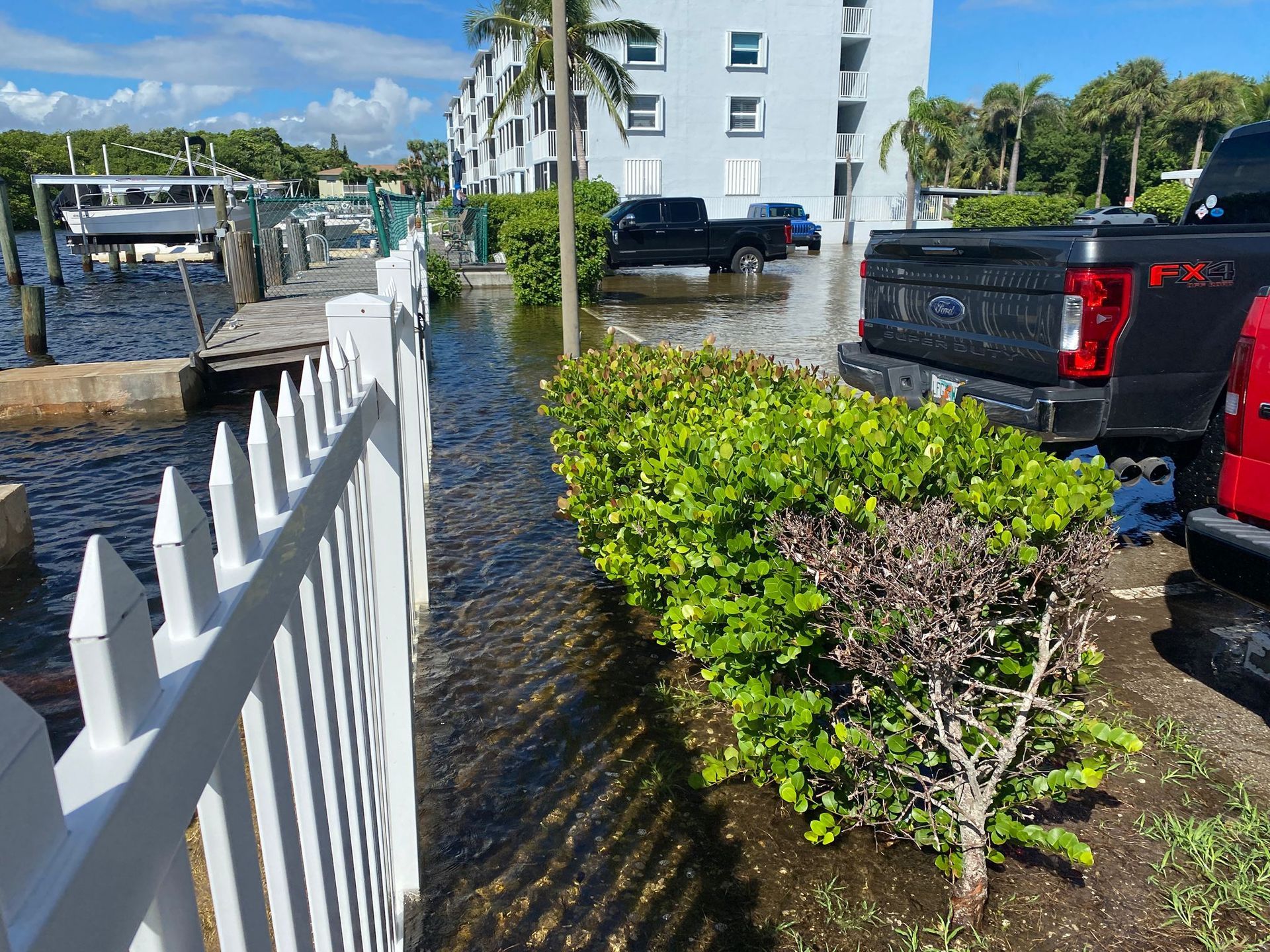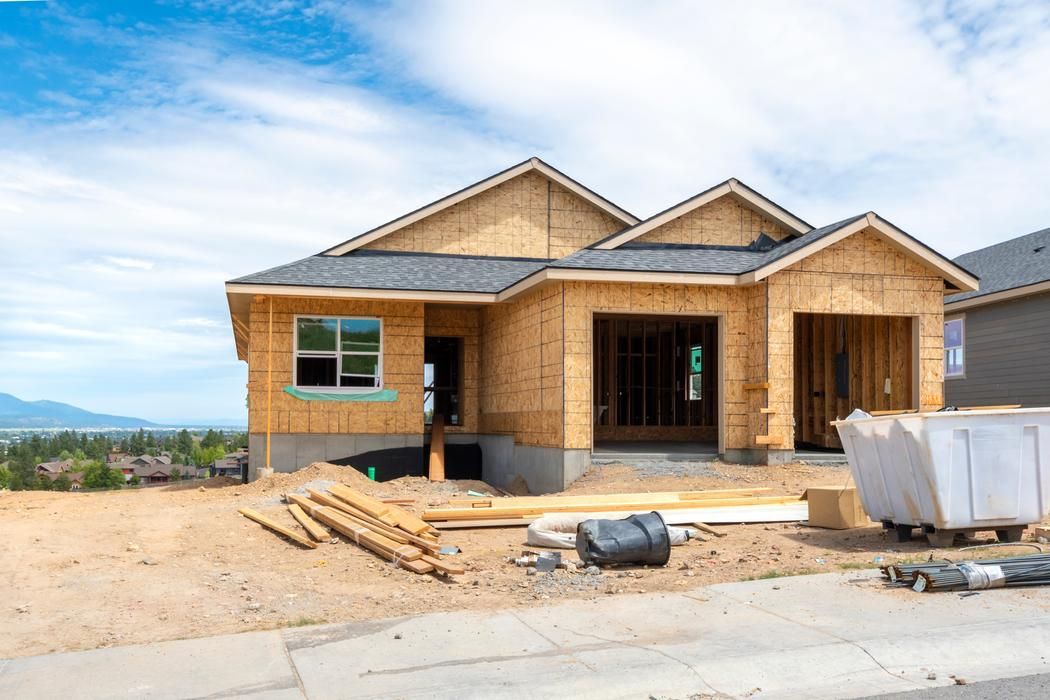What is Required for a Final Building Inspection
In the world of construction and real estate, nothing symbolizes the culmination of hard work, expertise, and adherence to quality like the final building inspection.
Often regarded as the 'last hurdle' before occupancy, a thorough building inspection can be the difference between a safe, secure property and one riddled with problems. Conducted by a skilled building inspector, this crucial step ensures that every component of your building meets essential quality and safety standards.
Why Final Building Inspections Matter
You've poured time, energy, and financial resources into your construction project. While the finish line might be in sight, it's vital not to overlook the last, albeit crucial, phase: the final building inspection. Here's why it's indispensable:
- Safety Assurance: Skipping a final inspection is like playing Russian roulette with safety. Any oversights in electrical wiring, plumbing, or structural integrity could lead to disasters.
- Legal Compliance: Every jurisdiction has building codes and regulations that need strict adherence. A final inspection ensures that your project complies with these rules, averting any legal troubles down the line.
- Quality Validation: This is your chance to identify and rectify any defects or low-quality materials before they become costly future repairs. A competent building inspector can pinpoint issues you might not even be aware of.
- Resale Value: A documented history of successful inspections can significantly elevate the resale value of your property. Future buyers will likely be more inclined toward a building with a proven track record of quality and safety.
- Peace of Mind: Lastly, a comprehensive final building inspection provides peace of mind. Knowing that your property has been scrutinized by professionals and passed rigorous checks lets you rest easy.
The importance of a final building inspection cannot be overstated. It's not just another box to tick but an essential stage that affirms the integrity, safety, and quality of your project.
The Role of a Building Inspector
A building inspector serves as the gatekeeper of construction quality and safety standards. With specialized training and an acute eye for detail, they ensure that a building adheres to local, state, and national codes. Their expertise covers a broad spectrum, from structural engineering to fire safety, electrical systems, and even plumbing.
The
primary responsibility of a building inspector is to conduct thorough evaluations at different stages of construction, culminating in the final building inspection. They assess whether the building meets all legal requirements and codes of practice, and their assessments often influence key decisions such as granting occupancy permits or approving financing.
On top of that, a seasoned building inspector offers invaluable guidance, helping builders and contractors rectify deficiencies and avoid costly post-construction alterations. Their role goes beyond mere code enforcement; they contribute significantly to the long-term safety and sustainability of a building.
Components of a Final Building Inspection
A final building inspection is the last line of defense against code violations and construction flaws, ensuring that a building is safe for occupancy and meets all regulatory requirements. During this inspection, several crucial components are thoroughly examined by the building inspector. Here's what you can expect:
1. Structural Integrity: One of the primary concerns is the overall structural safety of the building. Inspectors check for any signs of weakness or instability in the foundation, walls, ceilings, and roof. They also assess the materials used, ensuring they meet quality standards.
2. Electrical Systems: Safety comes first when inspecting electrical systems. The inspector will examine the wiring, electrical panels, outlets, and lighting fixtures to ensure they comply with electrical codes. Faulty wiring can pose a fire risk, so this is a critical aspect of the inspection.
3. Plumbing: The inspector will review the piping, drains, water supply, and fixtures to confirm they are up to code. Issues like leaks or inadequate water pressure are flagged for repair.
4. HVAC Systems: Heating, ventilation, and air conditioning systems are scrutinized for efficiency and safety. Inspectors will confirm that these systems are installed correctly and operate as intended.
5. Fire Safety: All fire safety measures, such as smoke detectors, fire exits, and fire-resistant materials, are verified for compliance with fire safety codes.
6. Windows and Doors: These are checked for proper installation and operational efficiency. Poorly installed windows and doors can lead to energy loss and decreased security.
7 .Insulation and Energy Efficiency: Inspectors will assess the quality of insulation in walls, ceilings, and floors. Energy-efficient buildings not only save money but also are more sustainable.
8. Finishing Touches: Though seemingly minor, details like paint, tiles, and fixtures are also part of the inspection. These elements often indicate the overall quality of workmanship in the building.
9. Accessibility: The building must be accessible to individuals with disabilities, meeting the guidelines set by the Americans with Disabilities Act (ADA) or similar local legislation.
10. Outdoor Areas: Last but not least, external features like driveways, fences, and landscaping are assessed for quality and compliance with local zoning laws.
Documentation and Reporting
The paper trail left by a building inspection is as crucial as the inspection itself. These documents serve as legal evidence of the property’s condition and compliance with regulations.
- Inspection Report: This is the cornerstone document, outlining the inspector's findings in detail. It provides insights into any issues that need addressing and confirms what meets code requirements.
- Certificate of Occupancy: Issued after a successful final inspection, this certificate verifies the building is safe for occupancy and compliant with all regulations.
- Non-Compliance Notices: If any issues are found, these notices serve as a formal request for corrective action.
- Photographic Evidence: Often included in the inspection report, photos provide visual proof of conditions, which can be valuable in case of disputes or future inspections.
Collecting and safely storing these documents can save time and resources in the long run, serving as irrefutable proof of your building's compliance and quality.
Wrapping Up
Navigating the intricacies of a final building inspection may seem daunting, but it's an indispensable part of any construction project. From ensuring structural integrity to achieving full legal compliance, the role of a qualified building inspector is pivotal.
With a clear understanding of what is required and what documents are generated, you can face your building inspection with confidence. Remember, it's not just a formality; it's a critical step in ensuring the long-term safety and quality of your property.
Disclaimer: The information on this website and blog is for general informational purposes only and is not professional advice. We make no guarantees of accuracy or completeness. We disclaim all liability for errors, omissions, or reliance on this content. Always consult a qualified professional for specific guidance.
Share the post:






